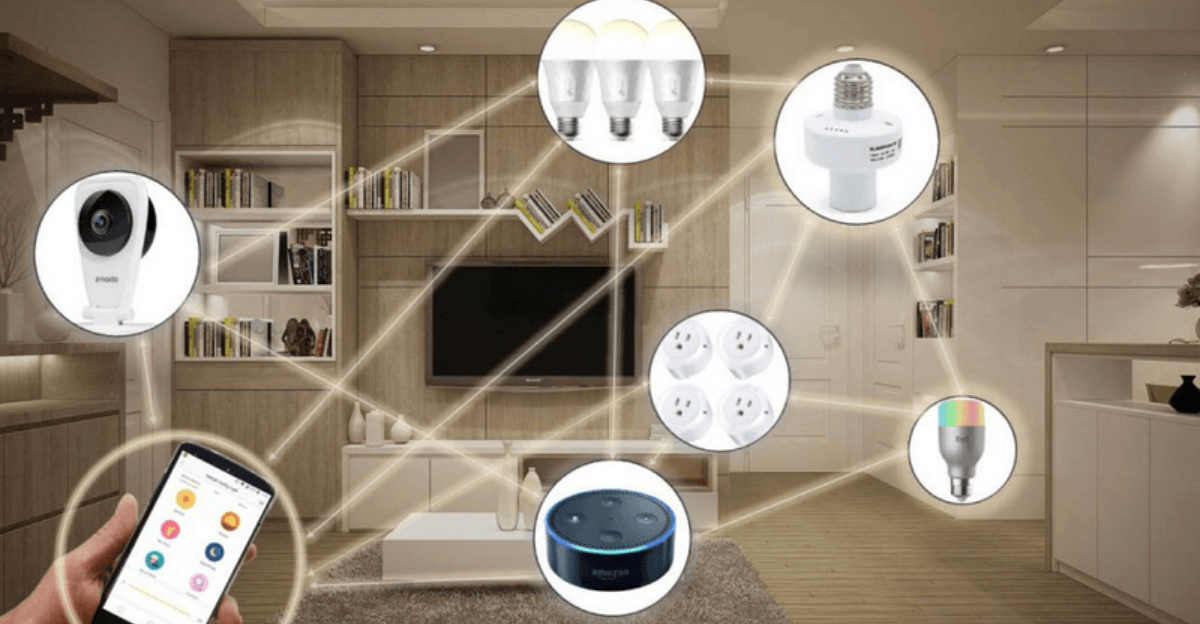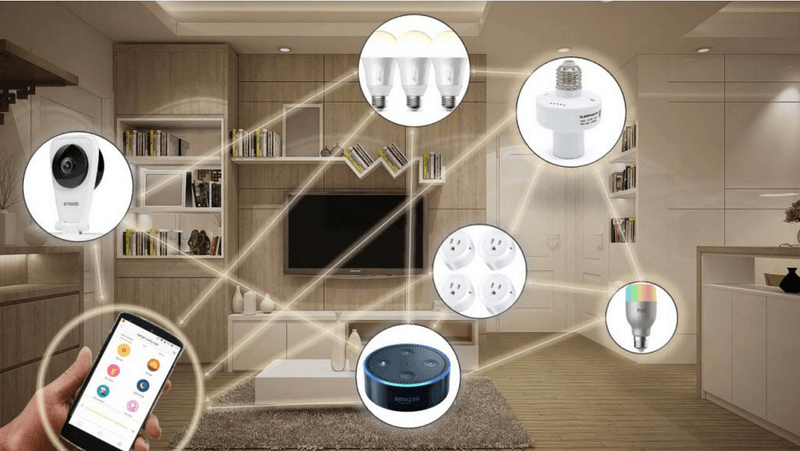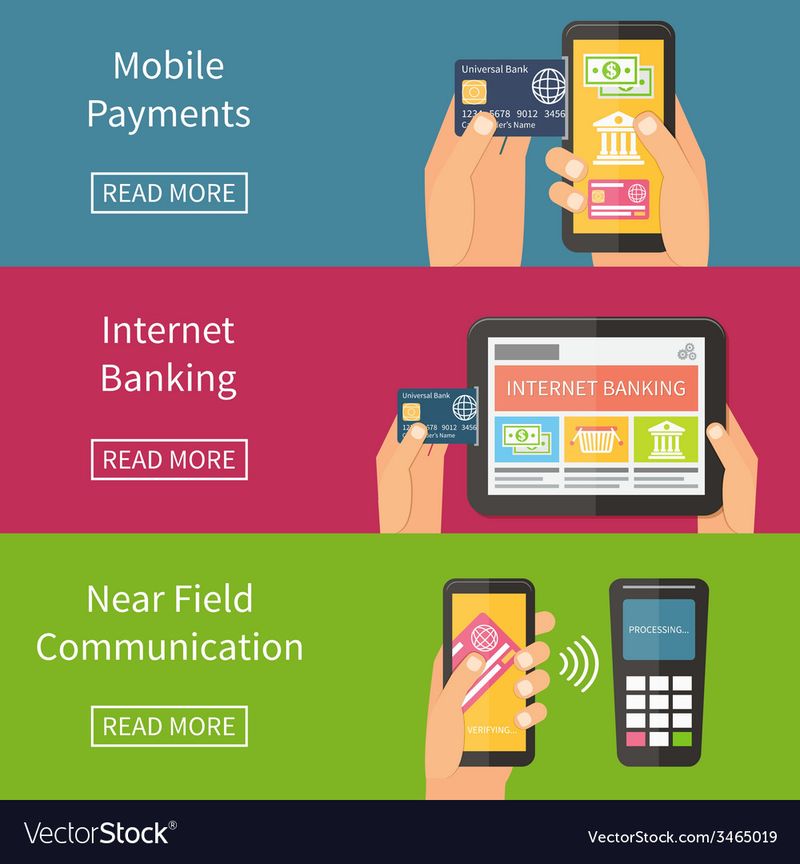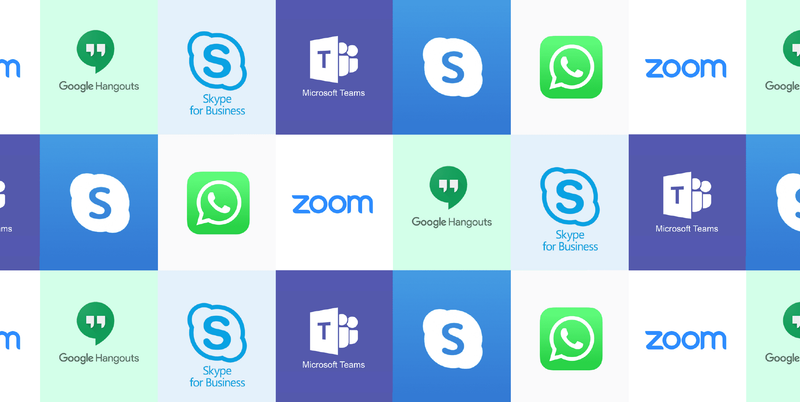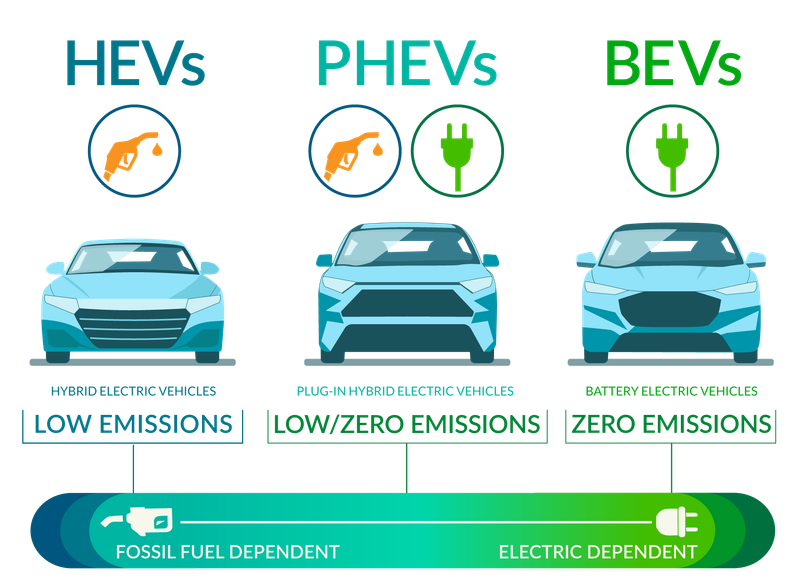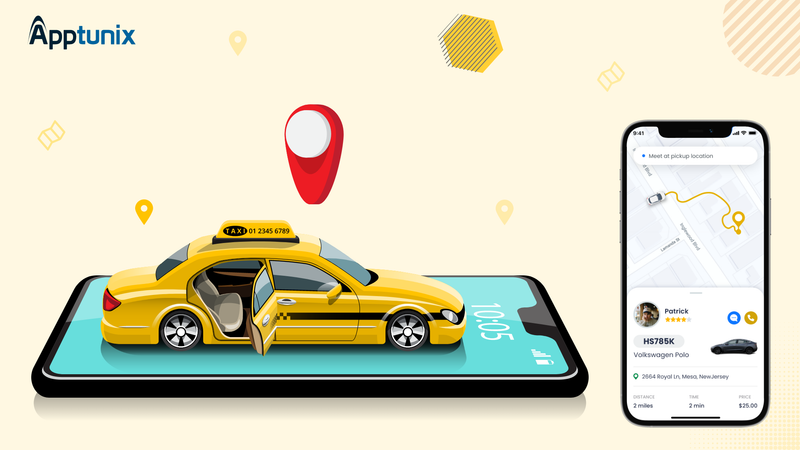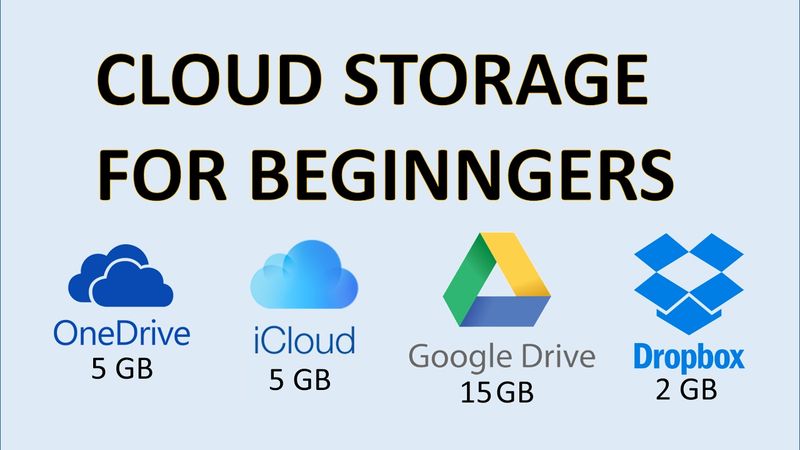In today’s fast-paced world, technology evolves rapidly, offering conveniences that previous generations could only dream of. Yet, a significant portion of the senior population remains hesitant to embrace these modern innovations.
Whether it’s a matter of prudent caution or sheer stubbornness is up for debate.
This exploration delves into 19 technologies that seniors often shy away from, examining the reasons behind their reluctance and pondering whether it’s a sensible choice or a missed opportunity for enhancing their lives.
1. Smartphones
Smartphones, with their myriad of features, can be overwhelming for seniors. Many feel intimidated by the touchscreens and various apps.
This is compounded by the fear of security breaches, with news stories often highlighting risks. Some prefer traditional cell phones for their simplicity.
For others, there’s a sentimental attachment to older technologies, where a phone was just a phone. The transition to smartphones often requires patience and reassurance that these devices are safe and manageable.
2. Social Media
Social media platforms are bustling with activity, yet seniors are cautious. Concerns about privacy and the sheer volume of information can be daunting.
The constant influx of updates, friend requests, and the need to learn new communication etiquettes add to the challenge.
For many, personal interactions hold more value than virtual ones. Seniors may need guidance in understanding the benefits without sacrificing their privacy.
3. Streaming Services
Streaming services offer vast entertainment options, but seniors often resist them. The idea of subscriptions and internet dependency can be off-putting.
Many are accustomed to cable TV’s simplicity and prefer not to navigate new interfaces. The abundance of choices can also be overwhelming.
Learning to use these services can open doors to endless entertainment, provided seniors receive enough support to get started.
4. Smart Home Devices
Smart home devices aim to enhance convenience, yet seniors hesitate to adopt them. Privacy concerns, especially with voice-activated gadgets, are paramount.
There’s also a fear of technology failures and the dependency on internet connectivity. Some prefer traditional methods for home management.
Introducing these devices gently, highlighting their benefits in daily tasks, can ease the transition for skeptical seniors.
5. Online Banking & Mobile Payments
Online banking is a convenience that many seniors approach with caution. Concerns about internet security and fraud loom large.
Some find the transition from physical to digital banking to be too complex and prefer face-to-face interactions with bank staff.
Providing adequate support and demonstrating secure practices can help alleviate their fears and showcase the ease of online transactions.
6. E-books & Audiobooks
E-books and audiobooks offer versatility, yet some seniors resist them. The tactile experience of holding a book is cherished by many.
There’s also a learning curve associated with digital readers and apps. For those with visual impairments, audiobooks could be advantageous, but the initial setup can be a hurdle.
Support and demonstrations can help seniors appreciate the benefits without abandoning their love for traditional books.
7. Self-Checkout Machines
Self-checkout machines present a conundrum for many seniors. The unfamiliar technology can be intimidating, leading to anxiety about making mistakes.
The lack of personal interaction with staff is another deterrent, as many value human contact during shopping.
To ease this transition, providing clear instructions and staff assistance can help seniors gain confidence in using these machines.
8. Wearable Tech (Smartwatches & Fitness Trackers)
Wearable tech fascinates yet baffles many seniors. The abundance of features in smartwatches and fitness trackers can be overwhelming.
Some are skeptical about the need for constant health monitoring, fearing over-reliance on technology.
Introducing these gadgets as tools for wellness, and offering demonstrations, can help seniors see their potential benefits without feeling overwhelmed.
9. Video Calling (Zoom, FaceTime, Skype)
Video calling bridges distances, yet many seniors hesitate to use it. The technology’s complexity and the necessity of creating accounts can deter them.
There’s also a learning curve in handling devices comfortably and ensuring good connectivity.
Offering step-by-step guidance and reassurance can encourage seniors to embrace these tools for staying connected with loved ones.
10. Cryptocurrency & Digital Wallets
Cryptocurrency remains a mystery for many seniors. The volatility and abstract nature of digital currencies are intimidating.
Concerns about scams and security breaches are prevalent, deterring interest in digital wallets.
Education on the basics and safe practices can help demystify these technologies, though many might still prefer traditional financial methods.
11. Electric Vehicles (EVs)
Electric vehicles represent a leap in automotive technology, yet seniors often hesitate. Concerns include range anxiety and the unfamiliar charging process.
The transition from traditional fuel is daunting for those accustomed to conventional cars.
Highlighting the environmental benefits and providing demonstration drives can help seniors understand and appreciate the advantages of EVs.
12. Ride-Sharing Apps (Uber, Lyft)
Ride-sharing apps offer convenience, but not without reservations for seniors. Trust issues regarding drivers and payment methods are common.
Many are unfamiliar with app interfaces and prefer traditional taxi services.
Educating seniors on using these apps, emphasizing safety features, and providing assistance can help bridge the gap between technology and ease of transport.
13. Online Shopping
Online shopping offers unparalleled convenience, yet seniors often approach it with caution. Concerns about credit card security and the lack of physical product inspection are prevalent.
The checkout process can be confusing, leading many to avoid it altogether.
Guidance in navigating shopping sites and emphasizing secure practices can make online shopping more appealing and accessible for seniors.
14. Cloud Storage
Cloud storage confounds many seniors who are used to physical storage methods. The concept of virtual storage appears abstract and insecure.
Fears about data privacy and losing information prevent some from exploring these services.
Clear explanations and demonstrations of how cloud storage works, highlighting its benefits, can help seniors feel more comfortable with this technology.
15. Smart Thermostats & Appliances
Smart thermostats and appliances aim to enhance home living, yet seniors remain hesitant. Concerns about complexity and device reliability are significant barriers.
Many prefer manual controls, which they find simpler and more intuitive.
Showing how these devices can simplify daily routines while maintaining traditional control methods can encourage seniors to try them.
16. Online Health Portals & Telemedicine
Online health portals and telemedicine offer convenience, yet many seniors are wary. Concerns about privacy and understanding complex interfaces deter them.
Some feel uncomfortable discussing health issues without face-to-face interactions.
Educating seniors on how to use these tools effectively, ensuring their privacy is protected, can enhance their healthcare experience.
17. Automated Customer Service (Chatbots, AI Assistants)
Automated customer service tools, like chatbots, often frustrate seniors. The lack of human interaction can be disconcerting.
Many find these systems confusing and prefer speaking directly to a person.
Providing clear instructions on how to use these services and explaining their benefits can help seniors navigate them more comfortably.
18. Augmented Reality (AR) & Virtual Reality (VR)
AR and VR technologies intrigue yet perplex seniors. The immersive experiences can be overwhelming and sometimes disorienting.
Many question the practical applications and are unsure about the investment.
Introducing these technologies as fun, engaging experiences, with clear demonstrations, can help seniors appreciate their entertainment and educational potential.
19. Drones
Drones capture imaginations but also raise concerns among seniors. The potential for misuse and privacy invasion is a significant worry.
Understanding the controls and regulations can be daunting, deterring interest.
Educating seniors on safe usage and demonstrating the recreational and practical applications of drones can help alleviate their apprehensions.
